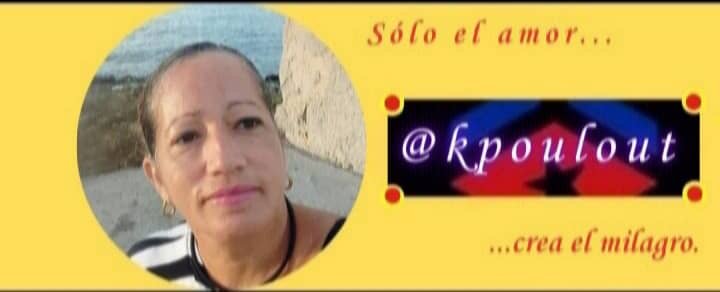Hoy les traigo una propuesta que al leer su título, "Viudas de sangre", inmediatamente nos transportamos a otro título "Bodas de sangre", de Federico García Lorca, sin dudas el autor quiso jugar con las palabras para dar un contexto a lo que viene, les aseguro que nunca un título estuvo mejor puesto. "Viudas de sangre" es un referente literario donde las distintas partes se potencian unas a otras hasta terminar mezclándose. Esta novela , de nueve capítulos, está inspirada en las crónicas de un batey cercano a la Bahía de Cochinos, en Matanzas, durante la primera mitad del siglo XX.
A warm greeting to all literature lovers.
Today, I bring you a proposal whose title, "Blood Widows," immediately transports us to another title: "Blood Wedding," by Federico García Lorca. Without a doubt, the author intended to play with words to set the context for what is to come; I assure you, a title has never been more aptly chosen. "Blood Widows"is a literary work in which the different parts enhance one another, ultimately blending together. This novel, comprising nine chapters, is inspired by the chronicles of a batey near the Bay of Pigs in Matanzas during the first half of the 20th century.


The first part of this book tells the story of a Russian princess (Olga Karguina), a fugitive from the last Tsarist court, who turns to prostitution in France and the United States and ends up running a luxurious brothel, first in Paris and later in Havana. Her path crosses that of a wealthy and corrupt Cuban, Eduardo, a vile and manipulative man for whom the end justifies the means. In a common-law marriage with this Cuban adventurer, the former princess manages to carry out what she considers the great "mission" of her life in the Zapata Swamp. The second part of this plot focuses on a humble peasant woman living in the Zapata Swamp. Her life takes a 180-degree turn when her husband is murdered, and she vows to find the culprit, unaware of all that lies hidden behind it. Her story is that of an ordinary woman confronting powerful people.

With well-defined characters, one I particularly enjoyed was Eduardo, who acts as the connecting thread between both worlds. He is a con man and a corrupt individual whose influence impacts the lives of the protagonists. Chavarría defines him as "a semi-literate peasant who proclaimed himself a visionary". The novel addresses themes such as decadence, exile, resilience, morality, and the pursuit of justice. The main plot leads the characters on a quest for a "mysterious mud" in 1950s Cuba, connecting Tsarist Saint Petersburg, Ireland, and New York, and culminating in the Zapata Swamp.

This is a work with an engaging narrative, skillfully weaving together all its subplots. The structure is bold and filled with eroticism and original situations, keeping the reader in suspense—there is no time to get bored. As a curious note, according to Chavarría himself, the story is based on "La costura habla," an autobiographical novella written by his wife, Hilda Sosa Saura.

Daniel Chavarría loved Cuba as much as his native Uruguay,to the point that he called himself a Cuban writer. He was a renowned polyglot who worked as a translator of German literature and as a professor of Latin, Greek, and classical literature at the University of Havana. He wrote political, adventure, historical, and picaresque novels, in addition to working as a screenwriter for film and television. He is considered one of the great literary figures of Cuban literature. Reading Daniel Chavarría is a feast where you can find countless words coined by the author himself. If there is one thing that characterizes his narrative, it is that the reader feels as though they are reading different stories, yet they all converge into the same stream.


"Blood Widows" is a novel to be read leisurely, as it has over 700 pages. I recommend it to readers seeking a complex, intense, and well-structured story, with doses of suspense, eroticism, and a plot that transcends the crime genre to delve into human passions and social criticism. "Blood Widows" is a river-novel that masterfully weaves together two seemingly distant stories that ultimately unite. I have read several books by Daniel Chavarría, and he always astonishes me in the best way. At the moment, I am finishing "Príapos"; I will tell you about it later.



Gracias por visitar mi blog
Texto e imágenes de mi propiedad
Thanks to visite my blog
Text and imagen are my own

 |  |
|---|
